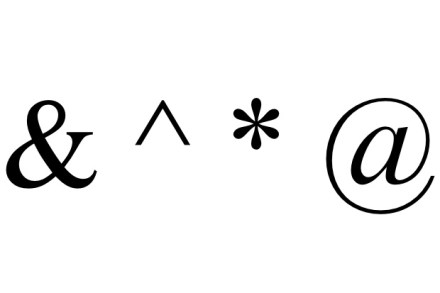Immigration is about culture as well as politics
Must say, I felt a bit defensive when I looked at the tables of origin for immigrants to Britain for the decades to 2011, helpfully set out in The Daily Mail. The real gist of the thing was the numbers – an increase from just under 2 million in the decade to 1951 to 7.5 million in the decade to 2011. But what was riveting was the immigrants’ countries of origin. For most of the time, the Irish led the field, with about half a million a year arriving in the course of each decade, give or take 100,000. In the last decade though, we were knocked right off our











